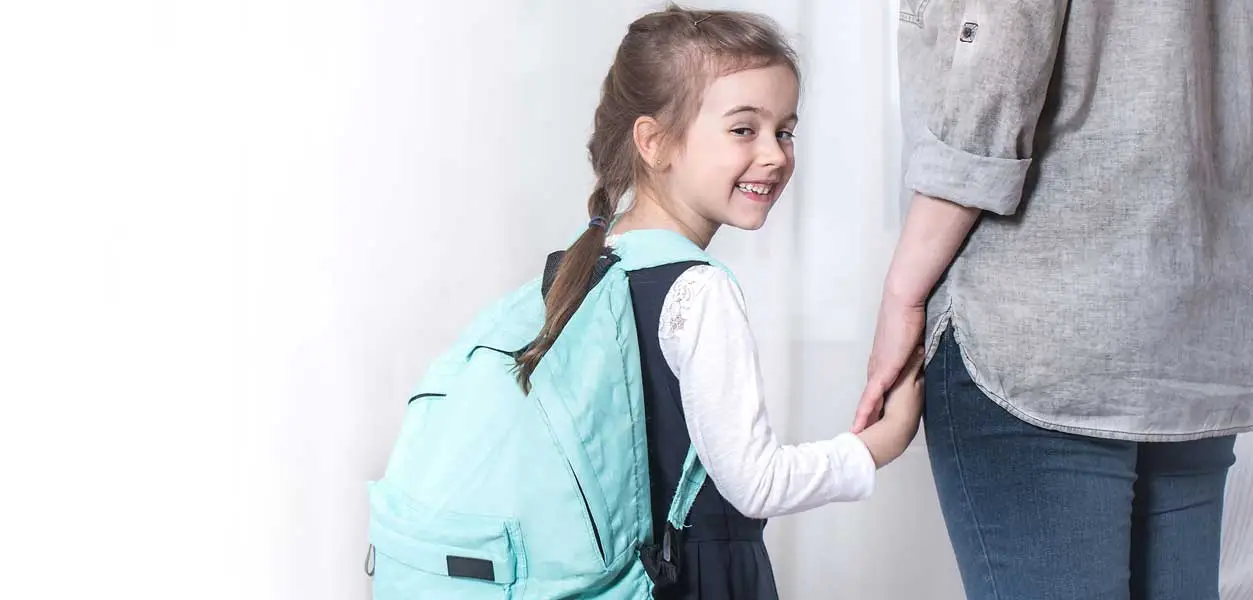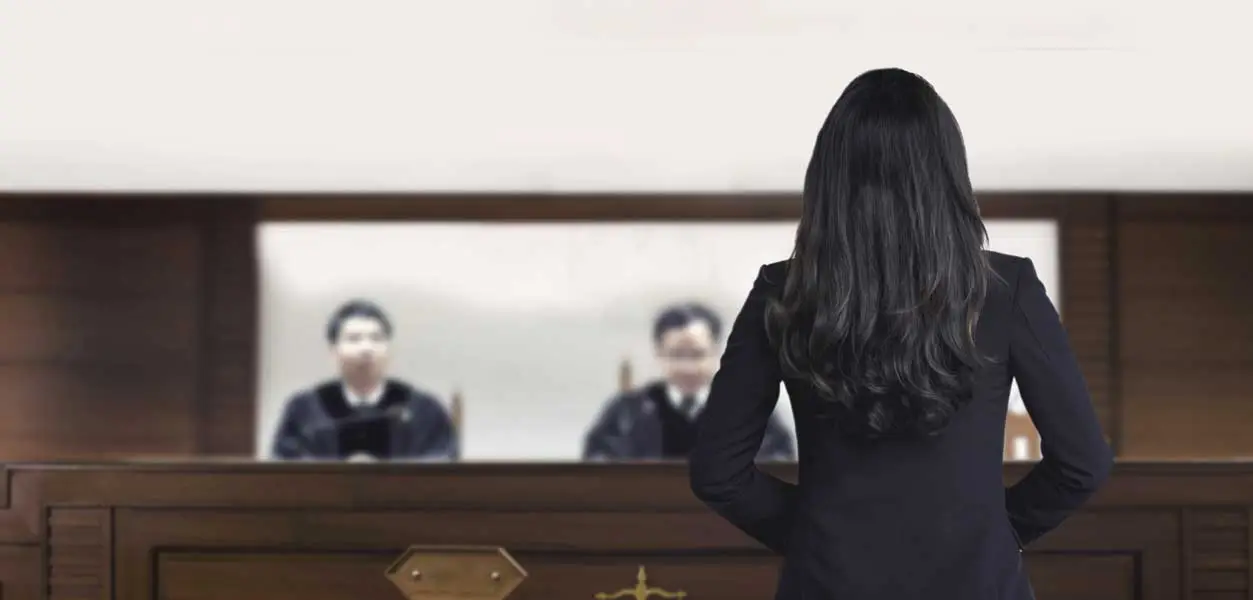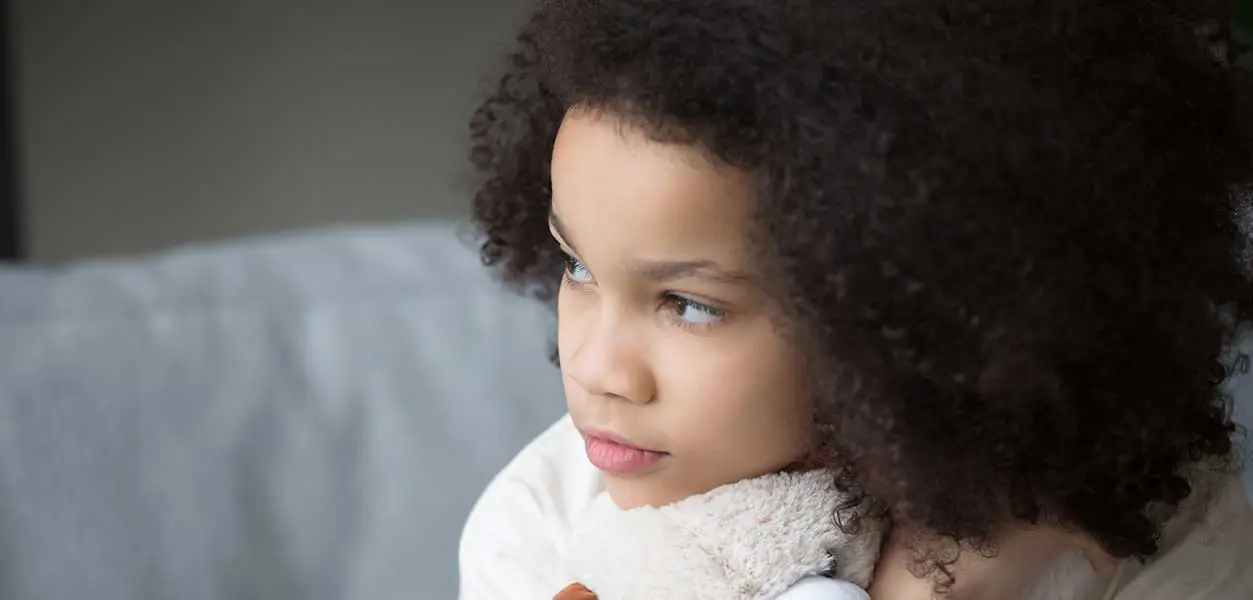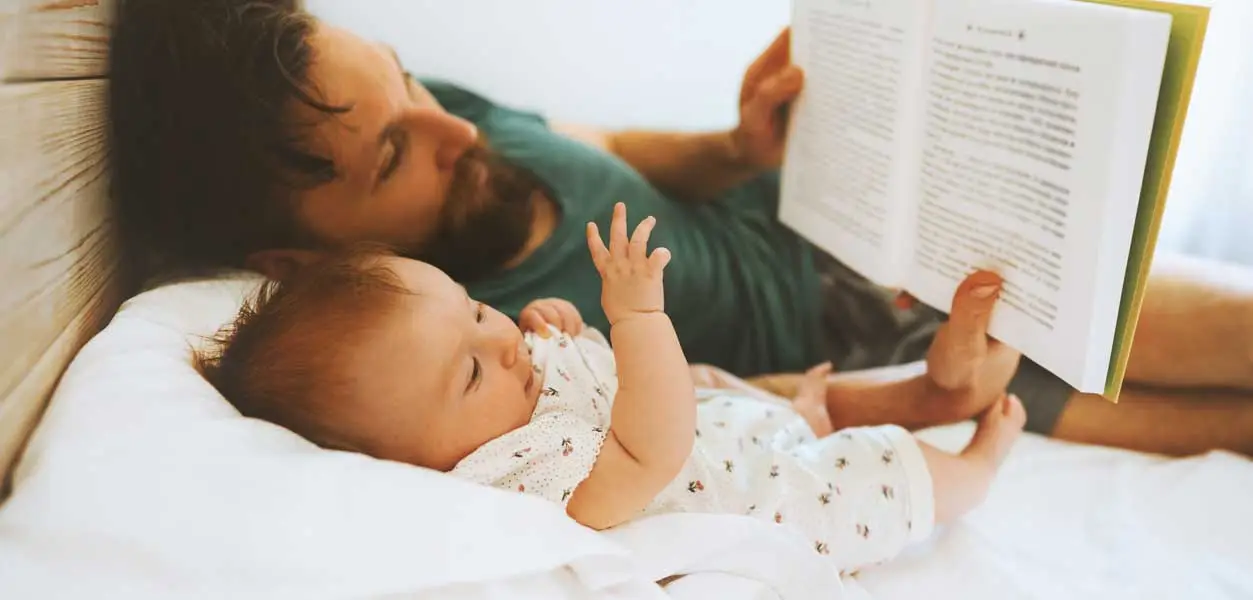There are generally three (3) types of physical custody – there is primary physical custody, secondary physical custody and joint physical custody.
“Primary physical custody” simply means that the minor child(ren) physically resides with one parent and visit(s) with the other parent who in turn exercises “secondary physical custody” or visitation.
“Joint physical custody” is a true sharing of time with the child(ren) whereby each party will have equal, or close to equal, time with the child(ren). Keep in mind that there is different terminology for the same thing, so while we refer to physical custody as primary, secondary and joint, others may refer to the same thing as sole and joint or some other designation.
In North Carolina, once a custody action has been filed with the courts, custody mediation is required. Shortly after the filing and service of child custody action (generally within 6-8 weeks), an Order will be issued by the court directing the parties to participate in “parent education” and “mediation orientation.” Each party will be given a certain amount of time to complete parent education and mediation orientation. Once mediation orientation is completed, the parties must attend a one-time “court sponsored” mediation session. This “court sponsored” mediation session is different than “private mediation.” For “court sponsored” mediation, only the parties appear with the court appointed mediator. If the parties have attorneys, their respective attorneys will not appear with them at “court sponsored” mediation. “Private mediation” is where the parties and/or attorneys will choose a third-party mediator to conduct mediation, and in this setting, the parties will appear at mediation with their respective attorneys.
“Court sponsored” mediation will last as long as necessary provided the mediator feels that the parties are making progress in resolving the custody/visitation dispute. If the parties are able to agree on a solution at court sponsored mediation, the court appointed mediator will draft the agreement for the parties to sign and that agreement will subsequently be entered as an Order of the Court. If the parties are unable to reach an agreement or if one or both of the parties or the mediator feels that mediation is no longer a solution, the case will be closed and a trial will be scheduled to settle the custody/visitation issues. The Court employs the mediator and there is no charge for the court sponsored custody mediation program. Your lawyer is not directly involved in the court sponsored mediation program and cannot attend any meetings with the mediator; however, your lawyer will be advised of the progress of the mediation and will be prepared to assist you with advice and support during the court sponsored mediation program. Court sponsored custody mediation is successful in a high percentage of the cases in Mecklenburg County and offers you an opportunity to control the outcome of your own custody dispute.






























